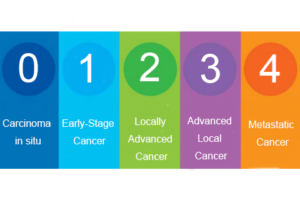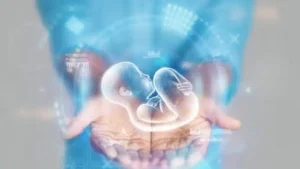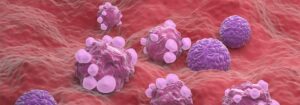
Genetic High-Risk Populations: The Special Value of Early Screening
For individuals with a genetic high-risk profile, early cancer screening is key to detecting potential cancer risks at an early stage. Especially for populations with genetic susceptibility, early detection and timely intervention can significantly improve the chances of successful treatment. With advancements in technology, Onco-D-clare has become an effective tool for screening genetic high-risk populations, capable of accurately detecting potential cancer risks and providing personalized care plans.








